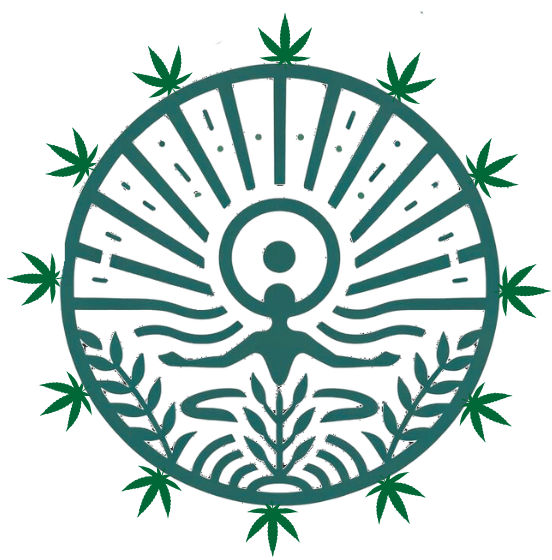In a potentially revolutionary move for the treatment of post-traumatic stress disorder (PTSD), the U.S. Food and Drug Administration’s panel of independent advisers is set to deliberate on June 4 over the approval of the first MDMA-assisted therapy.
Background of the research
Lykos Therapeutics, formerly known as the Multidisciplinary Association for Psychedelic Studies (MAPS), has conducted extensive research on the use of the psychoactive ingredient, commonly known as ecstasy or molly, in conjunction with psychological intervention. This decision could be the first time a psychedelic-based therapy is approved for use in the United States.
This would mark the first time in 25 years that the FDA panel of outside experts has reviewed a potential new treatment for PTSD, Reuters reports.
Understanding PTSD and current treatments
PTSD is a disorder caused by extreme stress or trauma. It can significantly disrupt patients’ lives, causing symptoms such as vivid flashbacks, avoidance behavior, mood dysregulation, heightened sense of danger, and interpersonal difficulties.
Existing treatments for PTSD include drug treatments and talking therapies. However, the success rate hovers around 35–40% of patients.
Advancing MDMA research
Lykos Therapeutics has studied MDMA in two late-stage studies to use it in combination with psychological intervention.
This includes psychotherapy and other supportive services provided by a qualified healthcare provider.
Though there is intense interest in psychedelic-based therapies for mental health disorders, none have yet been approved in the U.S. Lykos Therapeutics, alongside companies like Compass Pathways, are testing such drugs to find cures for a range of mental health disorders.
The use of MDMA in treating PTSD has shown promising results.
In the current study, 83% of participants receiving MDMA-assisted psychotherapy no longer met the criteria for PTSD diagnosis compared to 25% in the control group.
This effect was sustained from 17 to 74 months after treatment.
Another study tested MDMA-assisted psychotherapy at three different doses among military veterans, fire officers, and first responders. The groups receiving the two higher doses reported significantly higher reductions in PTSD symptoms compared to the group receiving the lowest dose.
Breakthrough therapy status
MDMA was even granted ‘breakthrough therapy’ status by the FDA for the treatment of PTSD in 2017, signaling a potential shift in treatment strategies for this debilitating disorder.
An announcement regarding licensing is expected soon.
Research into the use of other psychedelic compounds, such as ketamine and psilocybin, has also been conducted, but to date, no comprehensive experimental data for humans has been published.
Conclusion: A new era in mental health treatment
In conclusion, the upcoming deliberation by the FDA’s panel of independent advisers could mark a significant turning point in the treatment of PTSD.
This decision could open the door to more extensive research and application of psychedelic-assisted therapies in mental health treatment.
While the use of psychedelic drugs in medicine currently varies between jurisdictions, the potential FDA approval of MDMA-assisted therapy for PTSD may usher in a new era of mental health treatment globally.
The treatment’s success in clinical trials, especially among patients previously considered treatment-resistant, offers hope to millions suffering from PTSD.
The potential for a higher success rate than current treatments cannot be overlooked.
However, it’s crucial to note that MDMA-assisted therapy is intended to be used in combination with established treatments such as psychotherapy and other supportive services.
This is not about replacing existing therapies but enhancing them with new, potentially more effective tools.
As we await the FDA’s decision, this moment serves as a poignant reminder of how far mental health treatment has come and the potential for future evolution.
The exploration into psychedelic-assisted therapy represents a bold departure from traditional methods and could pave the way for innovative approaches to mental health disorders.
Ultimately, the goal remains clear: to provide effective, accessible treatment options for those living with PTSD.
As research and understanding of psychedelic-assisted therapies grow, we edge closer to transforming this goal into reality.










